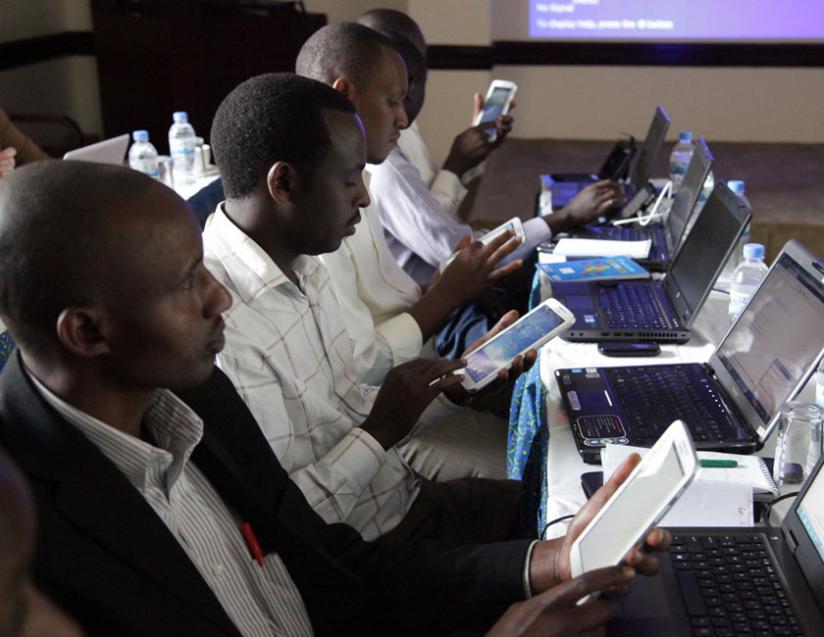Editor, As an under-resourced economy, Rwanda has many needs, much of which is being underwritten by one-time, or finite external resources. The country is racing to invest these resources in a manner that will create long-term sources of income.


Editor,
As an under-resourced economy, Rwanda has many needs, much of which is being underwritten by one-time, or finite external resources. The country is racing to invest these resources in a manner that will create long-term sources of income. A percentage of these funds is focused on developing entrepreneurs, particularly recent graduates that can no longer be automatically absorbed in public sector or current markets.
Rwanda can neither meet the growing need for food for its population nor start to create the needed income for its imports of food and manufactured goods without improving both the quality and quantity of its agriculture production. Additionally, both for internal consumption and export, significant attention needs to go to value-added production.
As pointed out in previous commentary pieces, the introduction of 4G LTE allows broadband access to reach the grassroots and improved communication across the country. The increased communication in both directions and the possibility of repurposing ICT resources to enhance capabilities/skills for all citizens opens up the dialogue between citizens and all levels of government.
Conversations via smart cell phones and now with 4G LTE balance the citizen voices and decisions.
I saw a poster at the MTN Center in Nyarutarama encouraging citizens to provide commentary on the current EDPRS2 programme. Individual voices are important. But community voices relating to the impact of these and other programmes to local conditions are more important.
Smartphone hotspots enhanced by 4G LTE start conversations locally and across local communities.
While Rwanda is a small country, its geography is varied and thus the community needs cannot be met with a one size fits all approach. Hotspot conversations connect varied community voices offering unique solutions at the very local level. Local decisions need to drive allocation of resources whether directly through government programmes or through external funds and organisations.
The existence of 4G LTE points out that the cylinders of Kigali need to be more effectively breached rather than the narrow and cumbersome process of primarily limited face-to-face planning meetings which, up to this point, have been limited. The bandwidth gives the opportunity for real time observation and participation by the interested public during the process and avoids the cumbersome nature of post planning public comments as currently implemented.
President Paul Kagame has been one of the leading advocates of "open borders” among the partner states of East African Community. That has primarily been focused on movement of people and goods. Rwanda has been positioning itself as an ICT hub. That means that there is also a need for free movement of services across borders. This includes banking, consulting and other knowledge-based services that need the capabilities of 4G LTE.
There are discussions on such trans-border normalisation of ICT services and fees for knowledge/information transport. The existence of low cost data storage facilities that serve businesses globally and which are critical to effective use of smart phones, tablets and laptops are enhanced and made more critical for all sectors, from education, governments and business, with the introduction of 4G LTE.
Fast data transfer, almost limitless low-cost data storage, and ease of access establish Rwanda’s future. It presents Rwanda’s challenge from Kigali to the smallest community cell in country and from Rwanda to the world.
Dr. Tom Abeles


